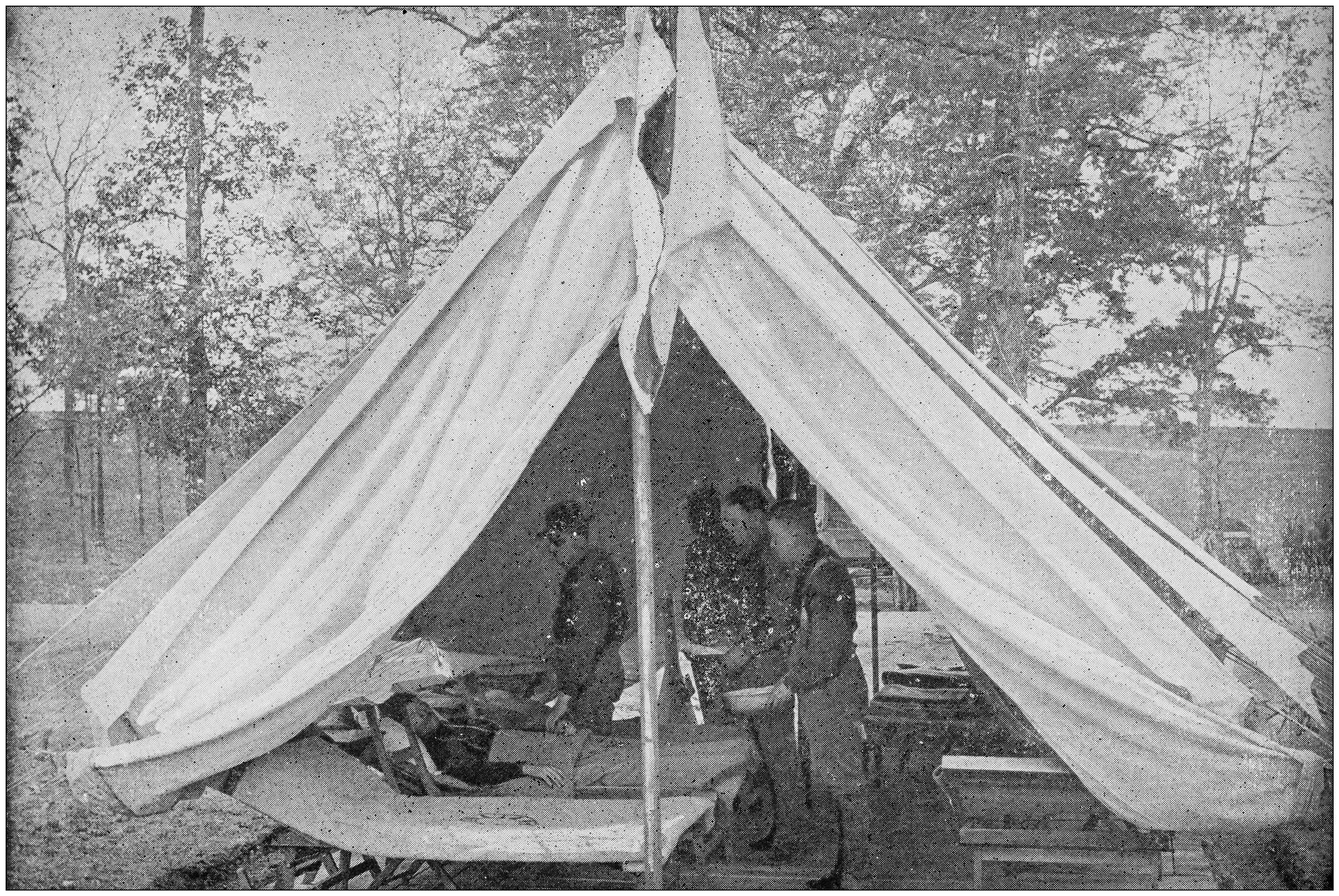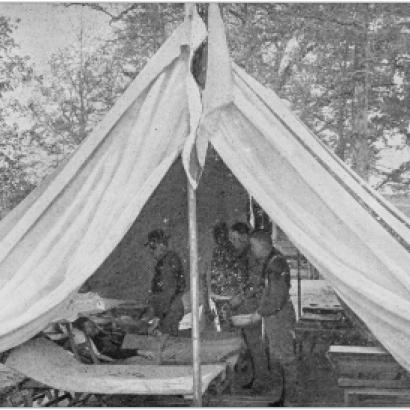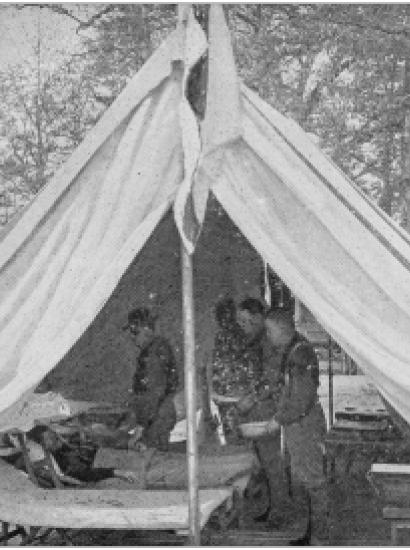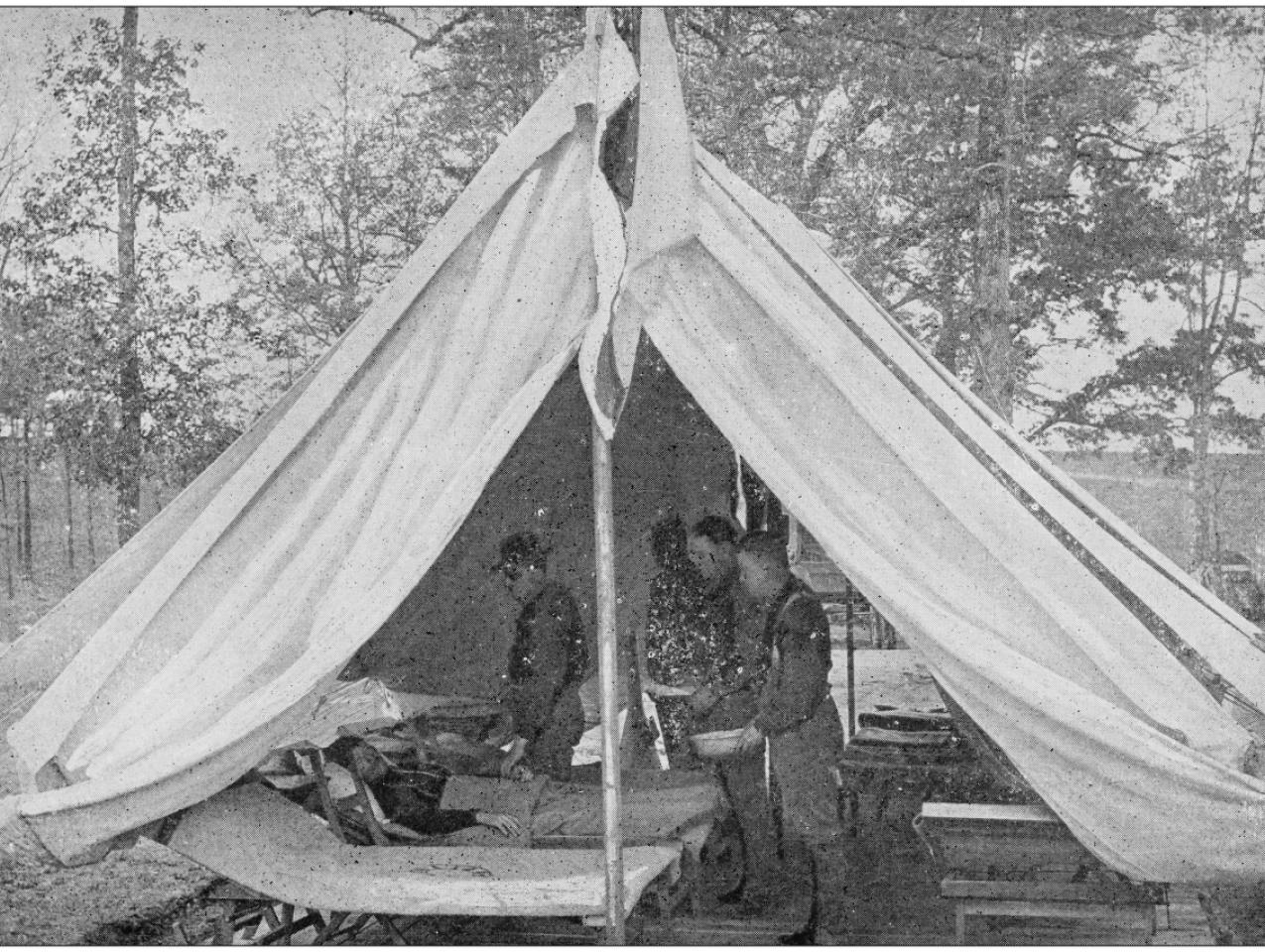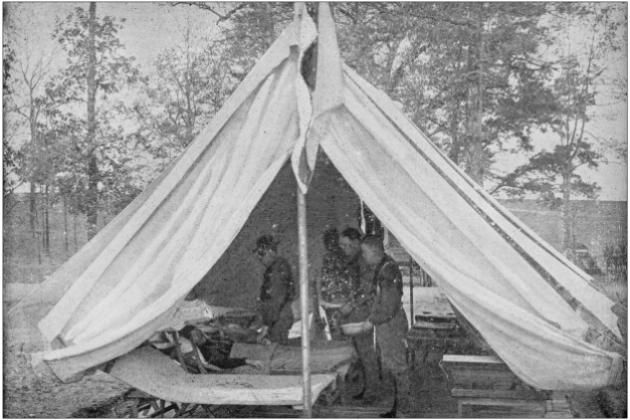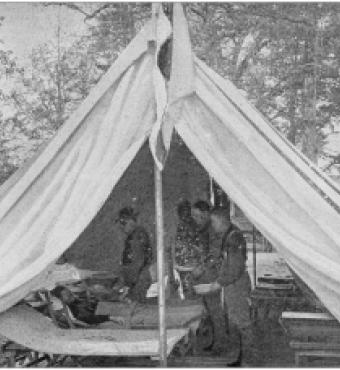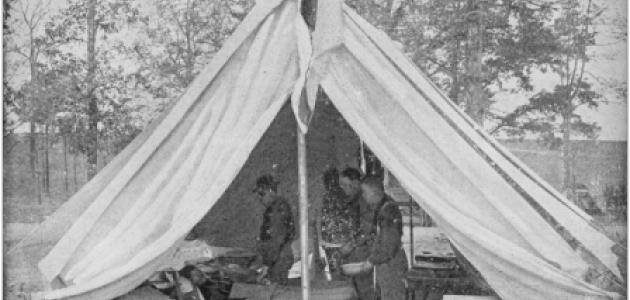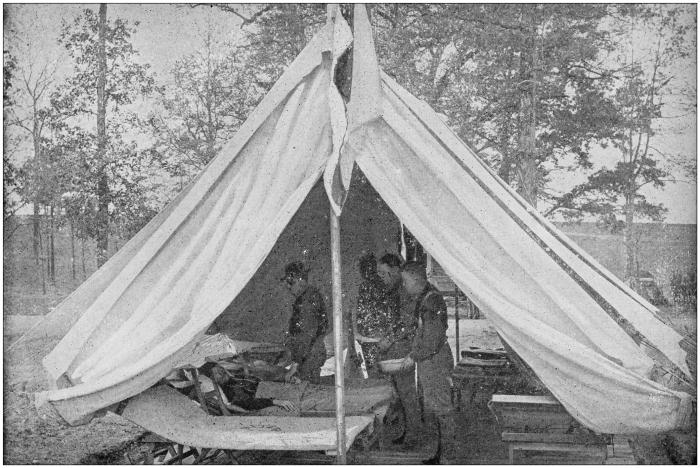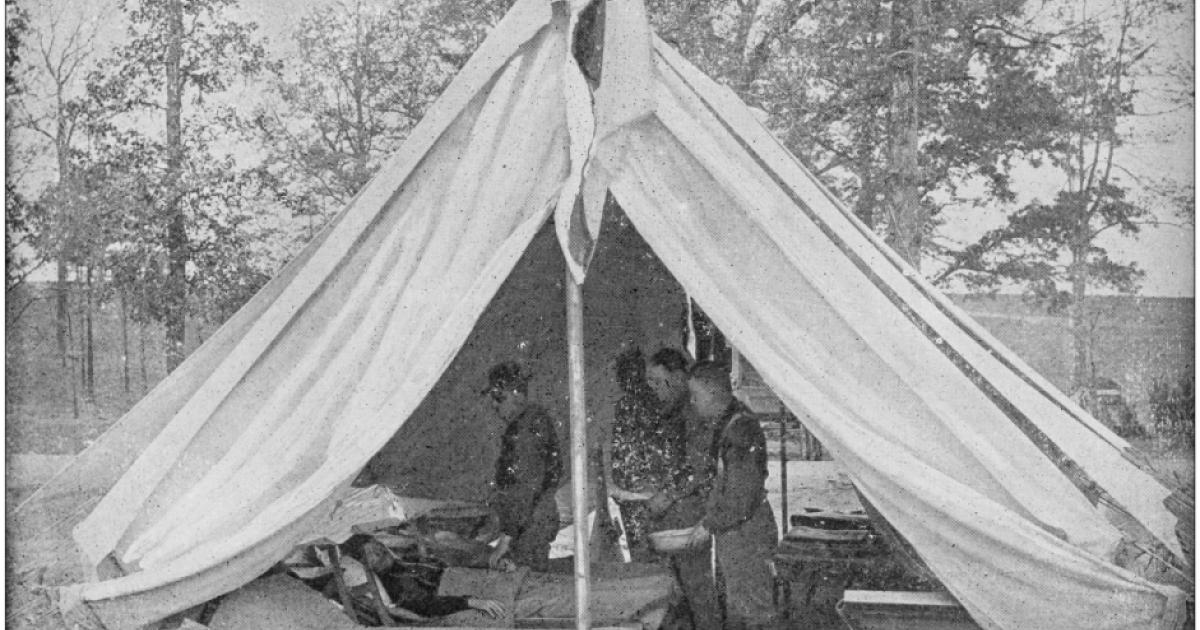- History
- Revitalizing History
Abstract: This paper develops an applied historical perspective on infectious disease as a dilemma for US national security policy, beginning with an abbreviated global history of biosecurity before moving into the history of recent U.S. national security policy since the 1930s. The effective management of biosecurity perils in the future will require a synthetic approach to national biosecurity that melds familiar strategies of offshore preemption with robust new commitments to homeland biodefense. For the United States, a country whose political architecture inhibits the national government’s capacity to effect vigorous public health initiatives at home, the border is a site of rare opportunity, a venue where the federal government can act proactively. Solutions like the fifteenth-century Italian quarantine or the Austrian Military Border unappealing may affront our liberal sensibilities, much as the affronted the liberal sensibilities of nineteenth-century British critics. But as we confront the ravages of Covid-19, the self-evident incapacities of our global public health regime to manage a global pandemic, and the shortcomings of our domestic U.S. response, we might find ourselves pondering the question: what, if anything, is the alternative?
DOWNLOAD: Strategy and Biosecurity: An Applied History Perspective






